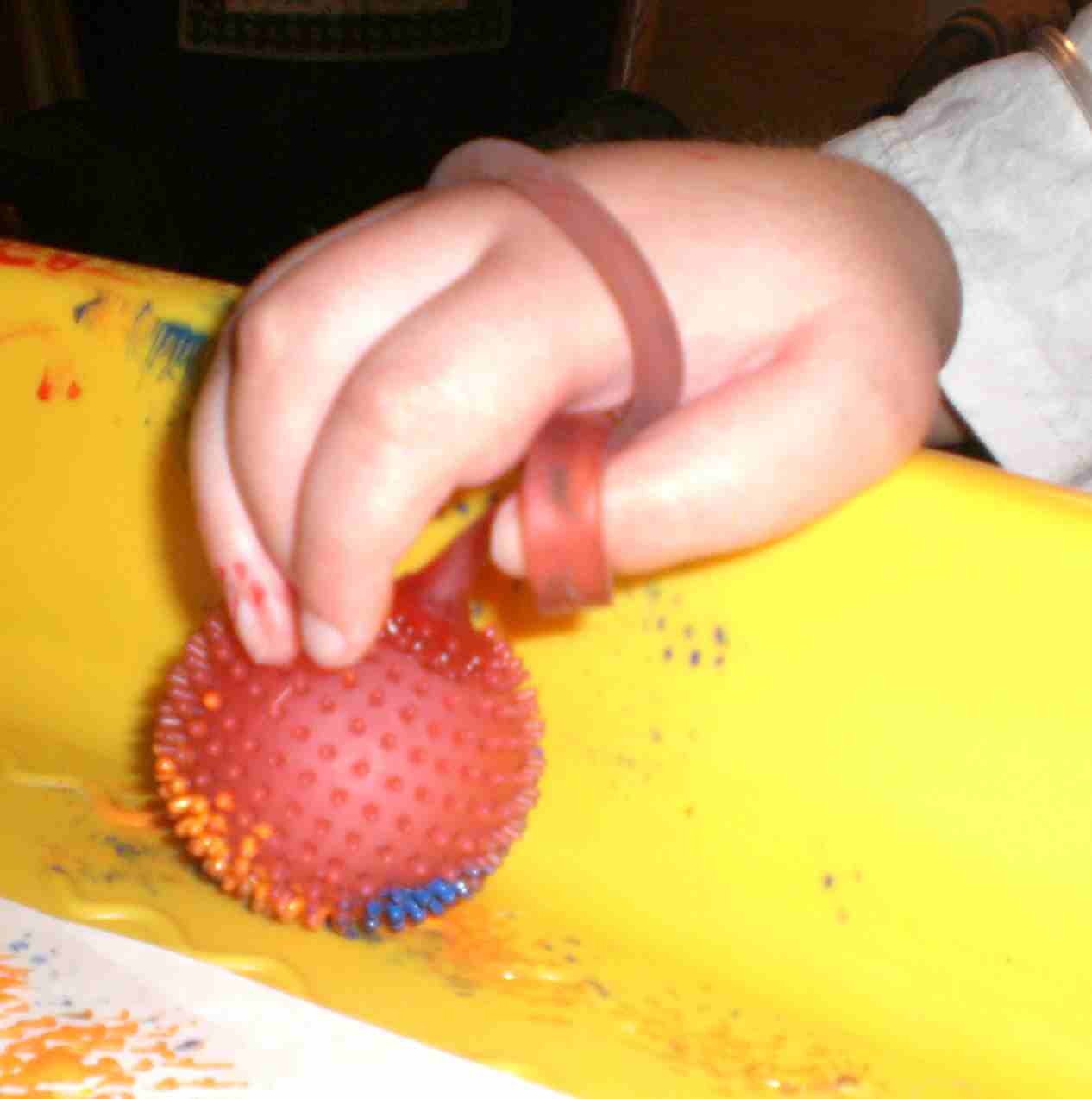How to Start Treating Private Clients – The Smart Way
This post may contain affiliate links.
A guest post by Jena H. Casbon, MS CCC-SLP of www.IndependentClinician.com
“Do you treat private clients?” David’s mom asked.
“Yes. Yes I do.” I said both full of pride and truthfully terror.
On that fateful day I said “Yes” but truth be told, I had said “No” countless times before.
For nearly seven years I have worked in private practice with many lessons learned. There have been good days and bad but have never questioned whether this was the right choice for myself and for my career.
Quick question: have you always dreamed of being in private practice?
If so, keep reading.

Treating Private Clients Can Change Your Life – AND the Lives of Others
You’re a helping people person – aren’t you?
You chose this profession because of a calling to help others. The vast majority of days, you probably go home with a smile on your face, happy with the work you’ve done in support of your clients and their family members.
My journey into private practice started as a professional goal, but also fulfilled a personal promise. You see, from the time I chose the field of Speech-Language Pathology I knew that private practice was something that I wanted to do for me. It was a challenge that I hoped to attain, like running a marathon or traveling to Hawaii.
Now that I’ve successfully done it, I am proud of myself in terms of my ability to take control of my career and my life. I treat the clients I want to treat and I charge the fee that I feel my services are worth.
Deciding to begin a private practice is a personal decision. It requires a great deal of planning, organization, passion and plenty of trial and error.
“Never start a business to make money. Start a business to make a difference.” – Marie Forleo
Interested in Starting to Treat Privately? Here’s What to Do First
I became an expert on private practice by learning through trial and error. I have made my fair share of mistakes but also celebrated major successes. Since first getting started, I’ve compiled all of my knowledge to share on my website and in books.
Here are some big things to keep in mind when first starting out:
Charge a Fair Price
• Private therapy is a service. You are exchanging valuable expertise and knowledge for time and money. Think about other services you may partake in: hair stylists, psychologists, lawyers, accountants, etc. Think about how much you pay them for their time and expertise. Certainly you could cut your own hair or represent yourself in court but it’s very risky. People are willing to pay for your services because they can’t do them themselves.
• For the record, I don’t recommend that any experienced clinician (at least 2-3 years of experience) charge anything less than $80/hour. You fee should be based on your level and type of experience, taking geographic location into account.
Work Within Your Specialty
• People who work in private practice should be specialists and have extensive background and training related to particular diagnoses or therapy techniques.
• Most people have a certain population that they love to work with. Since it’s your private practice, you can choose to specialize in a particular area (and avoid others!)
• If you are not competent to treat a certain diagnosis or provide a specific treatment – DON’T. This is an ethics violation in addition to being bad business.
Run a Good Business
• Changes are you didn’t go to business school because “business stuff” makes you nervous: it’s all about being organized and minimizing risk.
• Get liability insurance, document your services, report your income and pay your taxes.
• Don’t let the “business” part of your private therapy business stop you from getting started. This is a major hang up for many clinicians – don’t let it stop you!
Now here’s what you can do next…
Are you ready to say “Yes” to private clients?
If you’re ready to start your own journey to private practice, great! It’s a big step and often a very rewarding one. If you want some assistance, I have tons of materials to help you out over at Click here to visit The Independent Clinician.







I like how you gives lots of tips through out the book based on your own experience. Excellent article!
Thank you Claudette!
There is so much we can learn from each other – sharing information is very powerful and essential to all of our success.
Best wishes and many thanks,
Jena
http://www.IndependentClinician.com